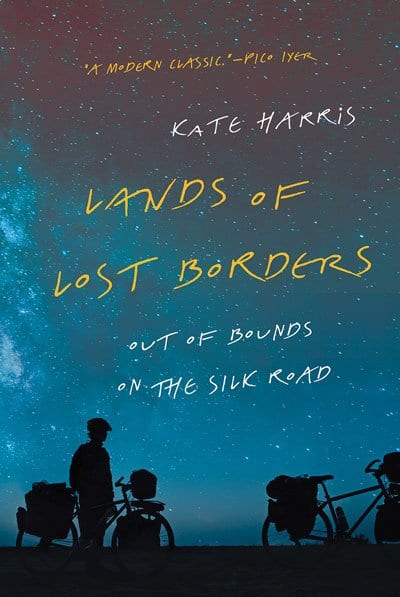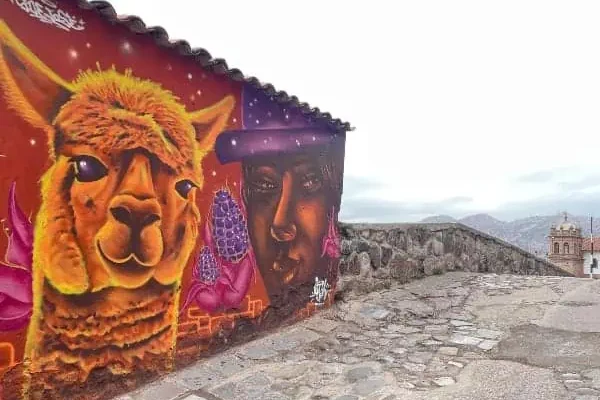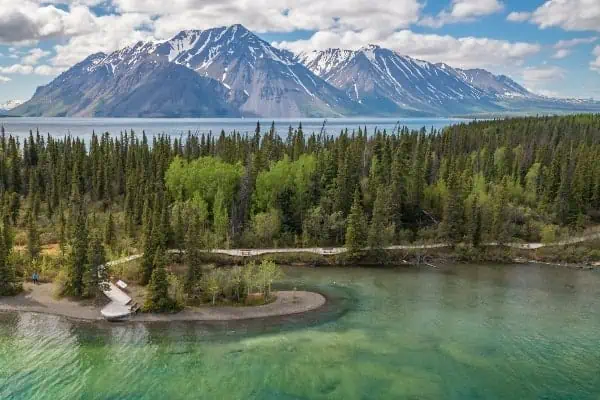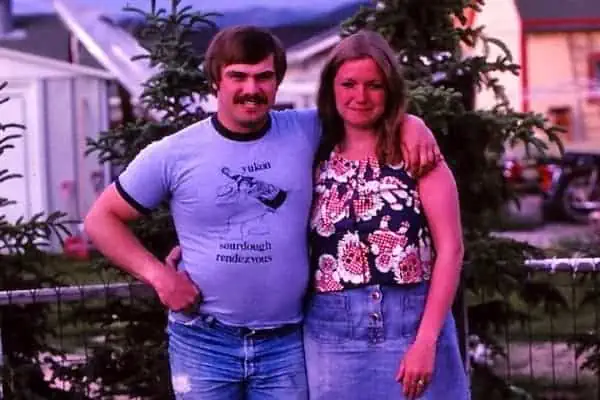“Back on the bike, I pretended that the wheels didn’t travel the world’s surface so much as unspool it, and if I stopped pedalling for even a second it would all fade away. The mineral glitter of the mountains and the cloud-shot indigo sky and this road like a parade of detours was all a dream sustained only in motion.”
–an excerpt from Lands of Lost Borders by Kate Harris
Author Kate Harris lives off the grid in a cabin in Atlin, B.C.
 Kate Harris grew up geeking out on Mars. But when it became apparent that visiting the red planet meant cutting out such creature comforts as breathing fresh air, Harris decided there might be some benefits (like sufficient oxygen supply and more freedom to move about) to settling for an earthbound adventure. So she shucked her space dreams and, with her friend, Mel Yule, picked up the courage to embark on a different trip: to cycle the Silk Road from end to end.
Kate Harris grew up geeking out on Mars. But when it became apparent that visiting the red planet meant cutting out such creature comforts as breathing fresh air, Harris decided there might be some benefits (like sufficient oxygen supply and more freedom to move about) to settling for an earthbound adventure. So she shucked her space dreams and, with her friend, Mel Yule, picked up the courage to embark on a different trip: to cycle the Silk Road from end to end.
Fuelled by scrappy determination and almost a year’s worth of oatmeal and instant noodles, Harris and Yule pedal and camp from Turkey to Nepal along the old trading route.
In her book Lands of Lost Borders: Out of Bounds on the Silk Road, Harris chronicles their extraordinary journey, one that stretches past the geography they traverse.
Better than a travel diary, the story Harris weaves between the tangible sweat and tears of questionable visas and saddle sores, is one that explores history and the imagination and what journeying into the unknown can do for it.
The name “Silk Road” may hold a romantic appeal, but in reality rugged terrain has very little comfort to it:
“On a daily basis the rough-hewn wonder of that place and experience brought me to my knees, in every possible sense. It was torture. It was sublime. It was basically everything I’d ever wanted,” Harris writes.
It’s gritty; at times, gross. It’s tough. Filled with metaphors, historical asides and personal reflections, Harris brings the reader through the desert, across harrowing border crossings and into her inner journey. Because beyond the physical, Harris explores “how borders make and break what is wild in the world, from mountain ranges to people’s minds, and how science, or more specifically wilderness conservation, might bridge those divides.”
The politics of journeying across a land divided by international borders, intimidating checkpoints and bureaucratic hurdles — not to mention the number of high-altitude mountain passes — is at times stressful and hard work, but Harris takes these experiences as times to engage and reason with the abstract sense of “otherness” she feels around her.
This “otherness” of foreign cultural norms and alien landscapes is at times comedic, wonderfully generous, awe-inspiring and also intensely fearsome and infuriating. But it is wrestling with this otherness — outside and in — that we grow from. And that better knowledge of self seems to satisfy the sense of searching that Harris has been craving.
Because it truly is about the journey, Harris says, not the destination. And “the other half,” she writes, “and maybe the most crucial half for exploration to matter beyond the narrow margins of the self, is come home to share the tale.”
A beautifully written, well-grounded and a knowledgeable read, Lands of Lost Borders is a good reminder that whether it’s Mars or something a little closer, the distance to the destination isn’t as important as how much it inspires us to make the trip.
Published by Knopf Canada, Lands of Lost Borders was released on January 30, 2018.




